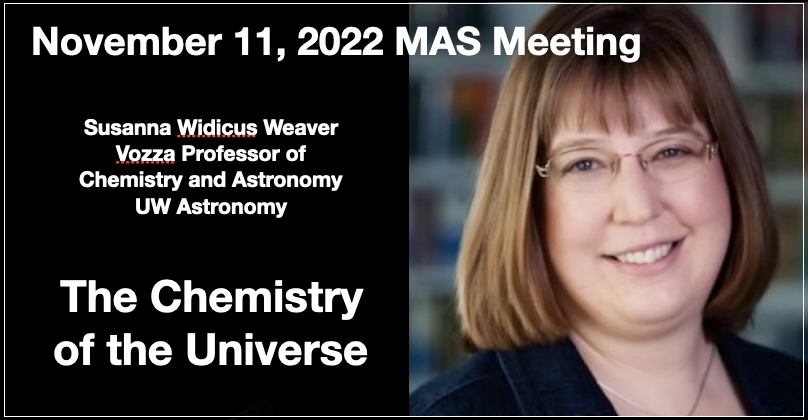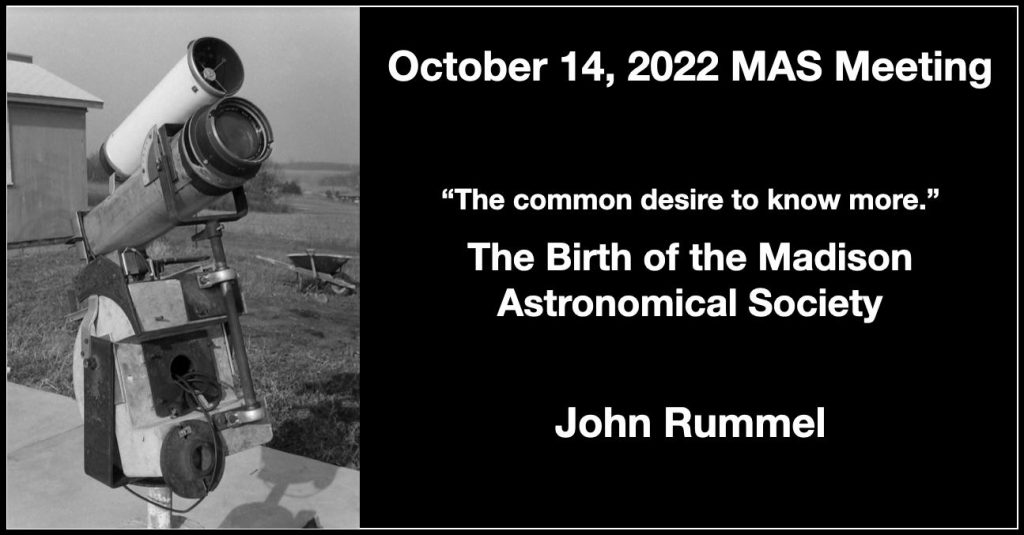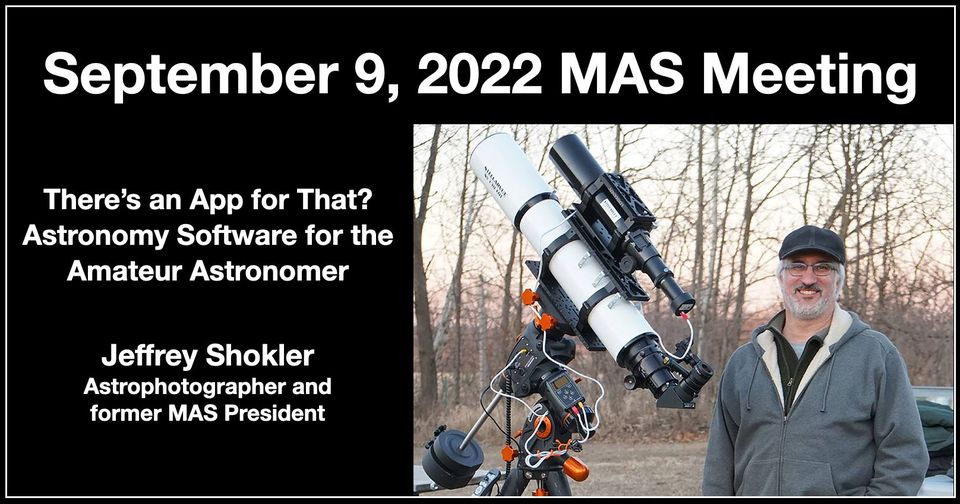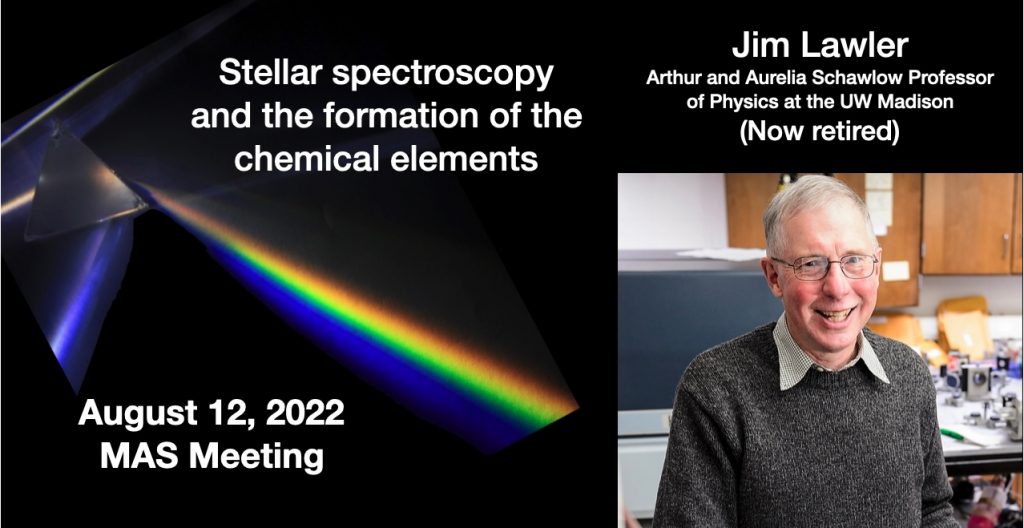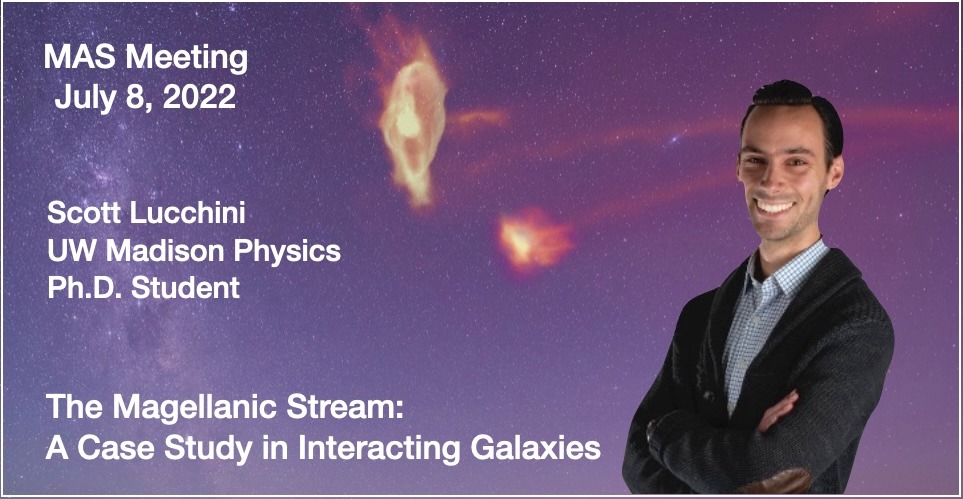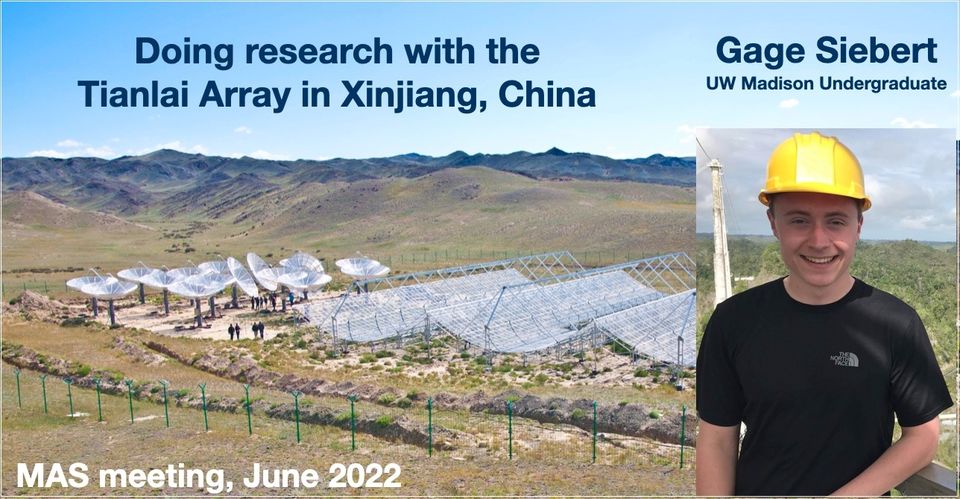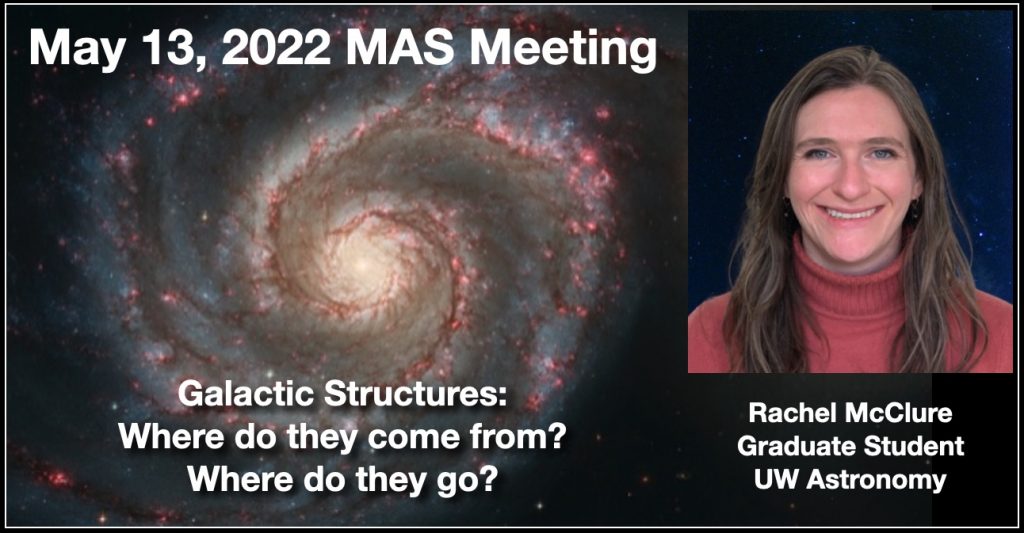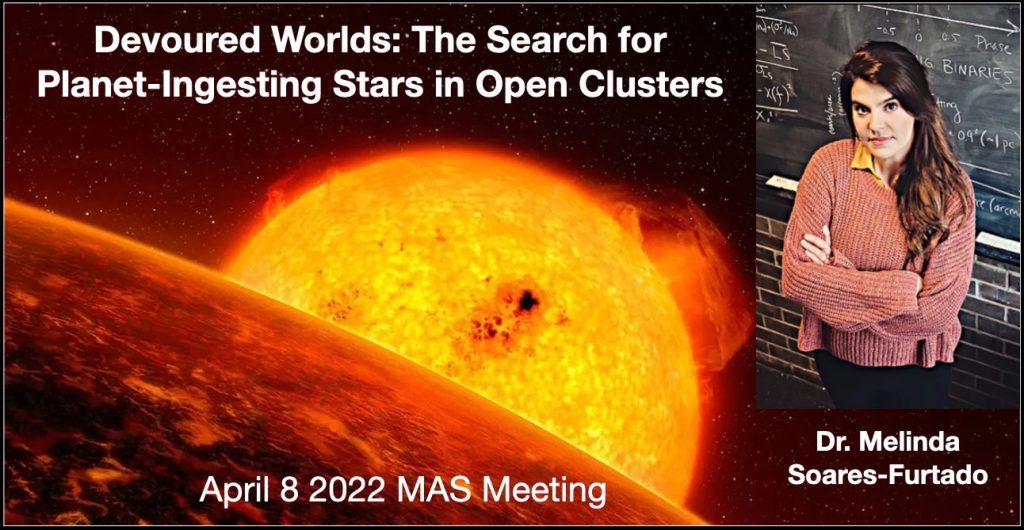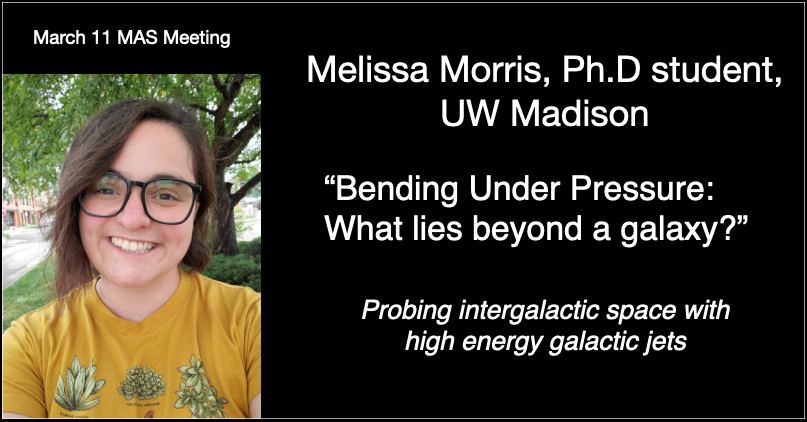Holiday Party and Telescope Clinic
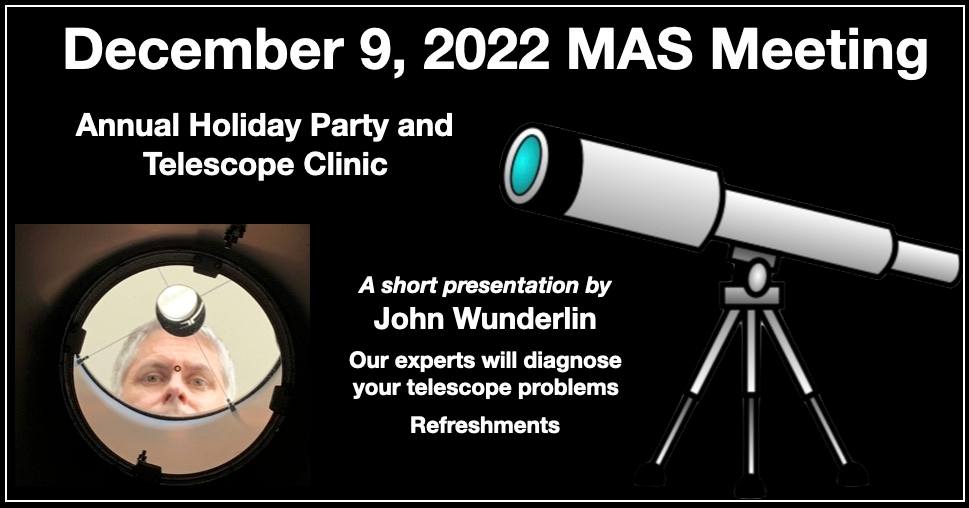
The return of the Madison Astronomical Society’s annual Holiday Party and Telescope Clinic.
Do you have a telescope that’s giving you problems? Has it been gathering dust in your closet instead of giving great views of the moon and planets? Are you stuck and can’t get to the next step? Our experts can help you diagnose the issues and get it figured out. Bring your telescope to this meeting and we’ll take a look at it with you.
Also, feel free to bring a holiday snack to share with the group. Cookies, brownies or other finger foods preferred.
There will be a short presentation by John Wunderlin, co-founder of the Iowa County Astronomers:
Title: So You Want To Buy a Telescope?
John will share his thoughts on telescope gear after almost...
Read More
